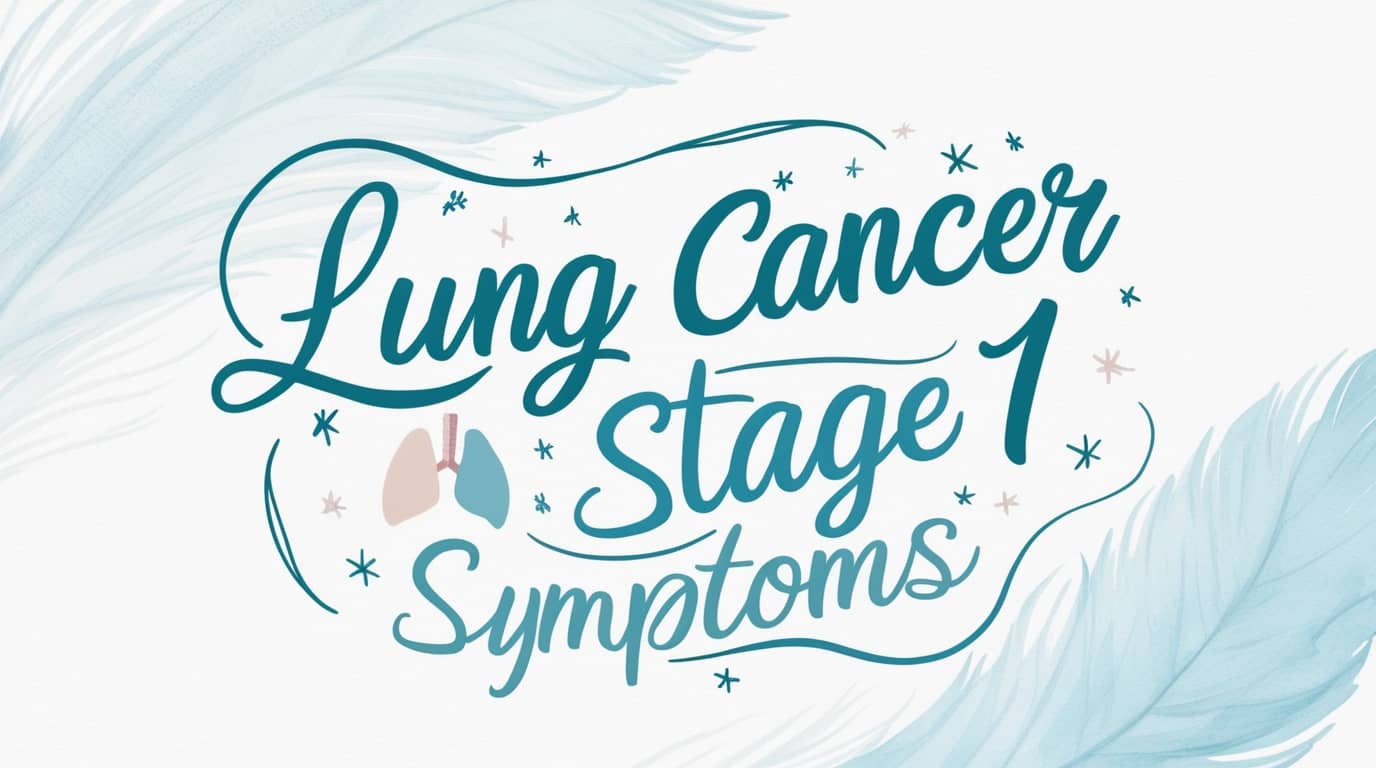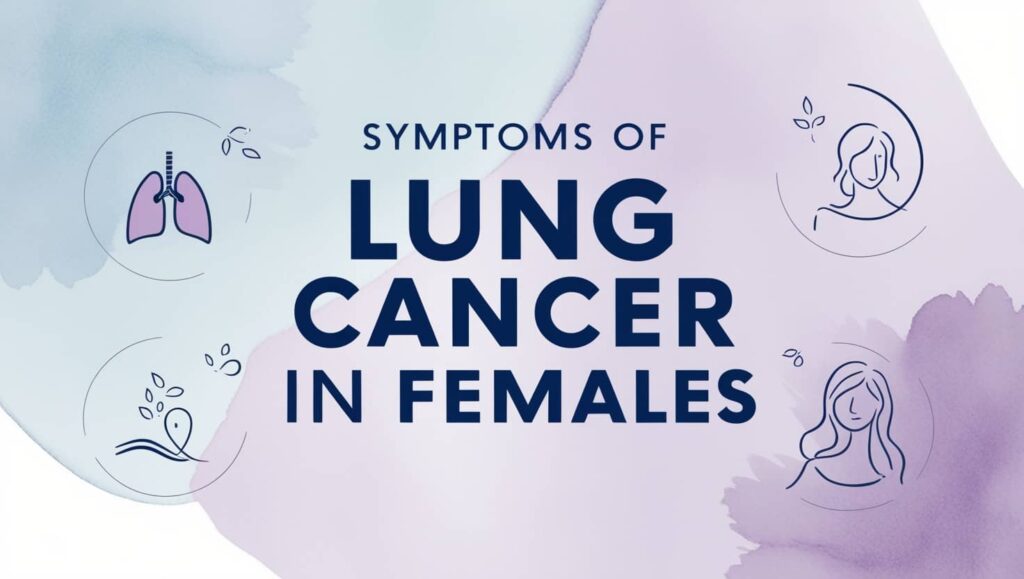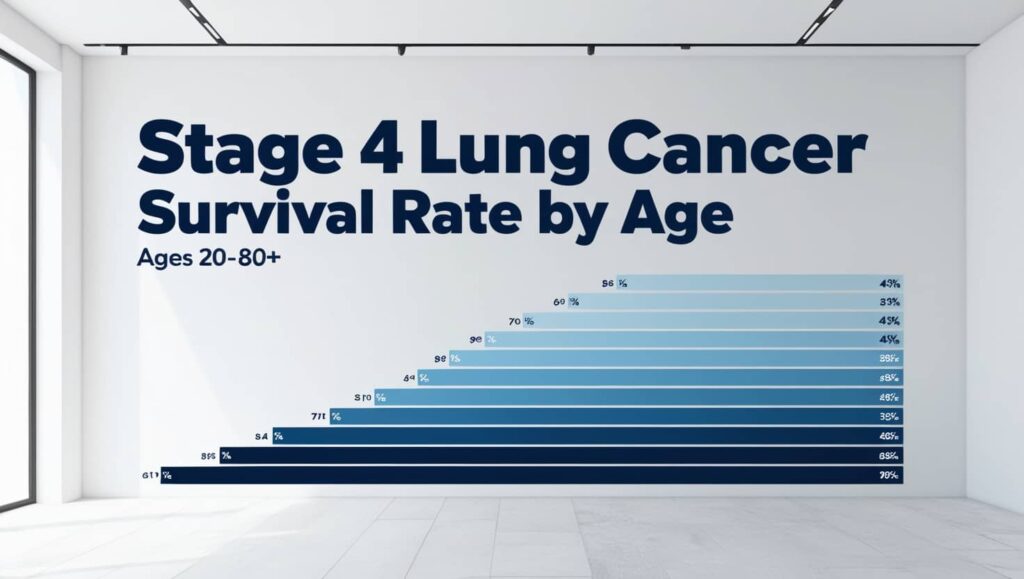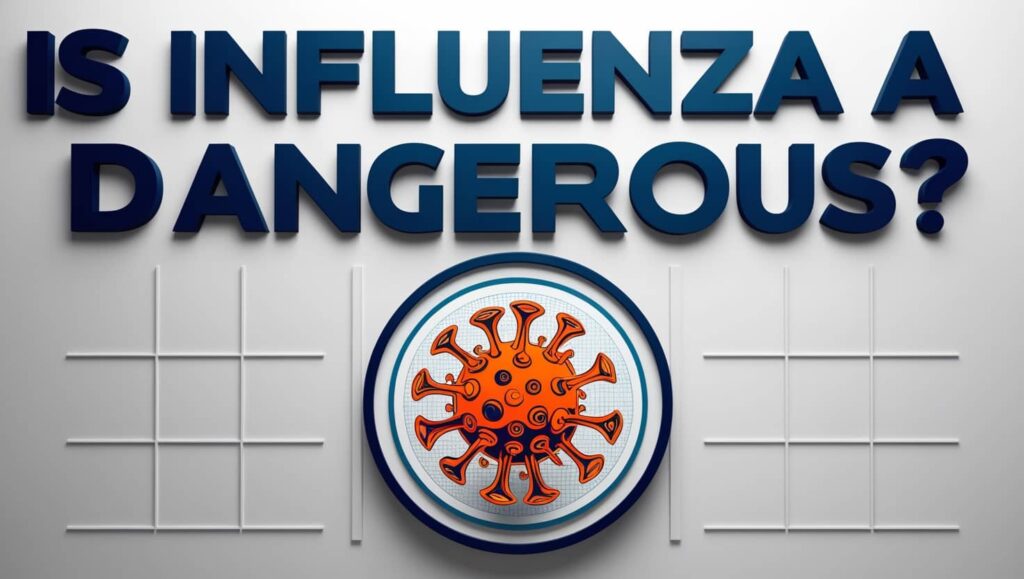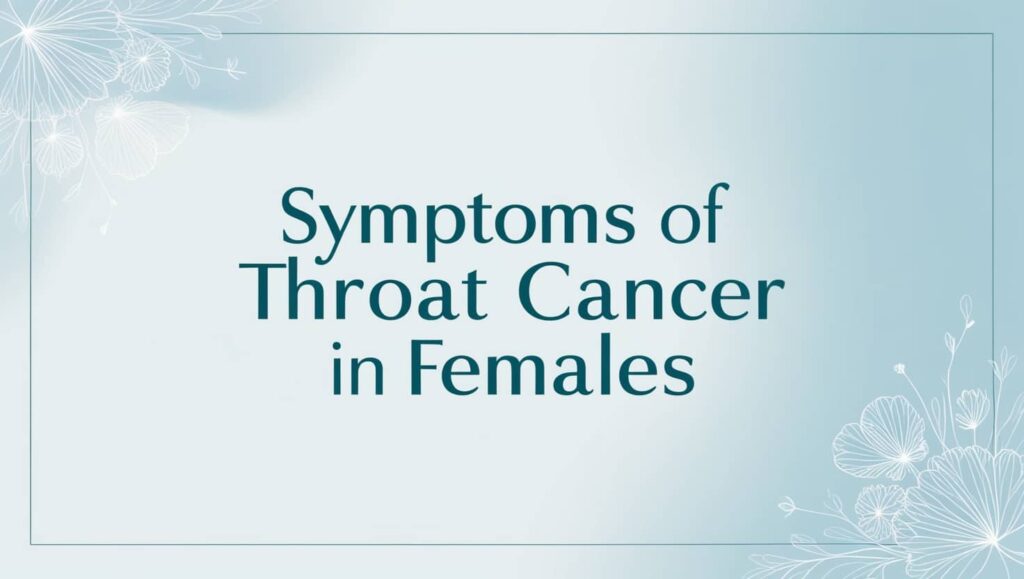Cancer is classified into stages based on its size and spread.
This helps doctors determine the most effective treatment and diagnosis methods.
Lung cancer is divided into four stages according to the TNM system.
Common Lung Cancer Stage 1 Symptoms include a persistent cough that may get worse, coughing up blood, shortness of breath, chest pain, fatigue, unexplained weight loss, and other symptoms that we will discuss in detail below.
Early Respiratory Symptoms to Watch For
When you suffer from any of the following symptoms, you should not ignore them, but seek medical care and conduct appropriate tests:
Cough: A persistent cough that does not go away or decrease with time and may get worse
Coughing up blood (hemoptysis): A cough accompanied by bloody phlegm, whether it is little or much, light or dark.
Shortness of breath: Difficulty breathing that appears clearly with exertion.
Wheezing: A whistling sound that appears with breathing and indicates a narrowing of the respiratory tract.
Hoarseness: A change in the voice, such as a hoarse or intermittent voice.
Fatigue: Feeling exhausted and losing energy even after a long period of rest.
Recurrent lung infections: Exposure to repeated attacks of pneumonia or bronchitis.
Unexplained Weight Loss and Fatigue
Stress and unexplained weight loss are the most common lung cancer stage 1 symptoms due to the following:
Unexplained weight loss
- Lung cancer causes loss of appetite, which leads to weight loss over time.
- Cancer cells affect the patient’s metabolism, causing the body to burn more calories even at rest.
- Lung cancer affects the body’s ability to absorb nutrients from food, which is another cause of weight loss.
- Wasting syndrome can cause significant weight loss in people with cancer, especially in its advanced stages, where muscle mass is affected and appetite decreases.
Fatigue
- Lung cancer causes anemia, due to the continuous blood loss with coughing, the body is unable to make enough healthy red blood cells to carry adequate oxygen to the body’s tissues, causing fatigue.
- Cancer cells consume energy to grow and spread, which can lead to fatigue.
- Chemotherapy and radiation therapy can cause fatigue as side effects.
- Lung cancer is an emotionally and psychologically stressful experience that can lead to depression, fatigue and exhaustion.
Persistent Cough and Its Implications
A persistent cough is one of the most common lung cancer stage 1 symptoms, and while it doesn’t necessarily mean you have lung cancer, there are several health problems that can cause these symptoms.
If you have a cough that lasts for more than three weeks, or gets worse over time, don’t hesitate to see a doctor for a diagnosis.
Read Also: Stage 4 Lung Cancer Survival Rate by Age
How a persistent cough is related to stage 1 lung cancer:
A persistent cough can be a sign of lung cancer, especially if it’s accompanied by blood, chest pain, or shortness of breath.
This can help diagnose the disease early to get the best chances of treatment and survival from the disease.
A persistent cough at the beginning of the disease usually indicates that the tumor is located in the airway where it is a constant stimulus for coughing, but it can also be located in other areas of the lung.
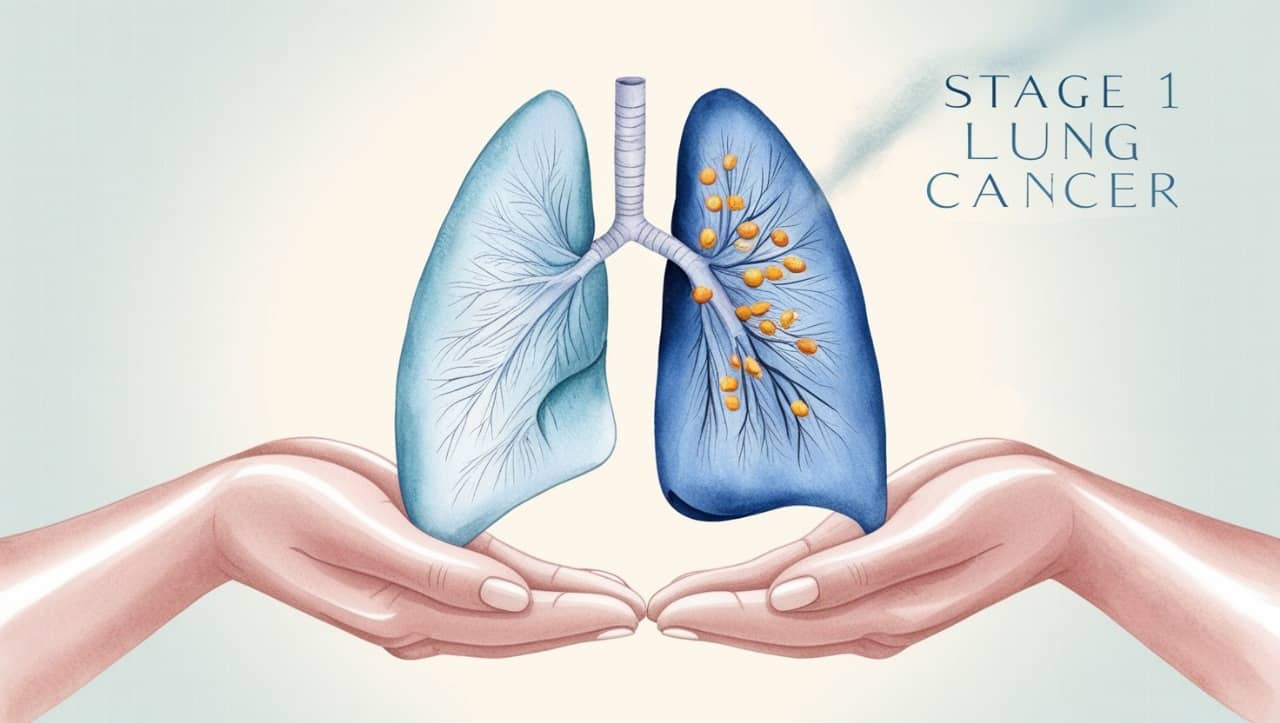
Importance of Screening for Early Detection
Early diagnosis through screening for lung cancer is very important for the following reasons:
Improving the chances of recovery from the disease: The earlier the disease is detected, the greater the patient’s chances of recovery and survival.
Using less invasive treatments: Surgical removal of the tumor is usually the best treatment option in the early stages of the disease, and it is less stressful and expensive than other treatment methods such as chemotherapy and radiation.
Maintaining quality of life: Early diagnosis and treatment can reduce the chances of experiencing weight loss, severe fatigue, shortness of breath and other debilitating symptoms.
Financial burden: Early detection of the disease significantly reduces the cost of treatment compared to advanced stages. (Balata, et al., 2022)
How to perform the diagnosis process in the early stages of the disease:
Clinical examination: The doctor takes the medical history, examines the patient and asks about the symptoms of the disease.
Imaging: This is done by using some of the most effective modern imaging methods in detecting the disease, such as Chest X-ray, CT scan and PET Scan
Biopsy examination: A biopsy is taken from the affected lung tissue and examined in the laboratory to confirm the presence of the disease and determine the type of cancer cells.
Once stage 1 lung cancer is diagnosed through medical examinations and confirmed by tests, surgery is typically the preferred treatment option. The most suitable surgical approach will depend on the specific characteristics of the tumor.
Lobectomy: where the affected lobe of the lung is completely removed.
Partial resection: where the entire lobe is not removed, but a specific part of it.
Wedge resection: where the tumor and the surrounding part are removed only.
After surgery, the doctor may prescribe targeted therapy, whether chemotherapy or radiation, to ensure that the disease does not return. (Hoy , Lynch , & Beck , 2019)
So always be careful of lung cancer stage 1 symptoms and make sure you are safe, especially if you are a smoker or live in an area with high levels of air pollutants.
Related: Symptoms of Lung Cancer in Females
References
Balata, H., Quaife, S. L., Craig , C., Ryan , D. J., Bradley , P., Crosbie , P. A., . . . Evison, M. (2022). PubMed. Retrieved from Early Diagnosis and Lung Cancer Screening : https://pubmed.ncbi.nlm.nih.gov/36175244/
Hoy , H., Lynch , T., & Beck , M. (2019). PubMed. Retrieved from Surgical Treatment of Lung Cancer : https://pubmed.ncbi.nlm.nih.gov/31351552/


